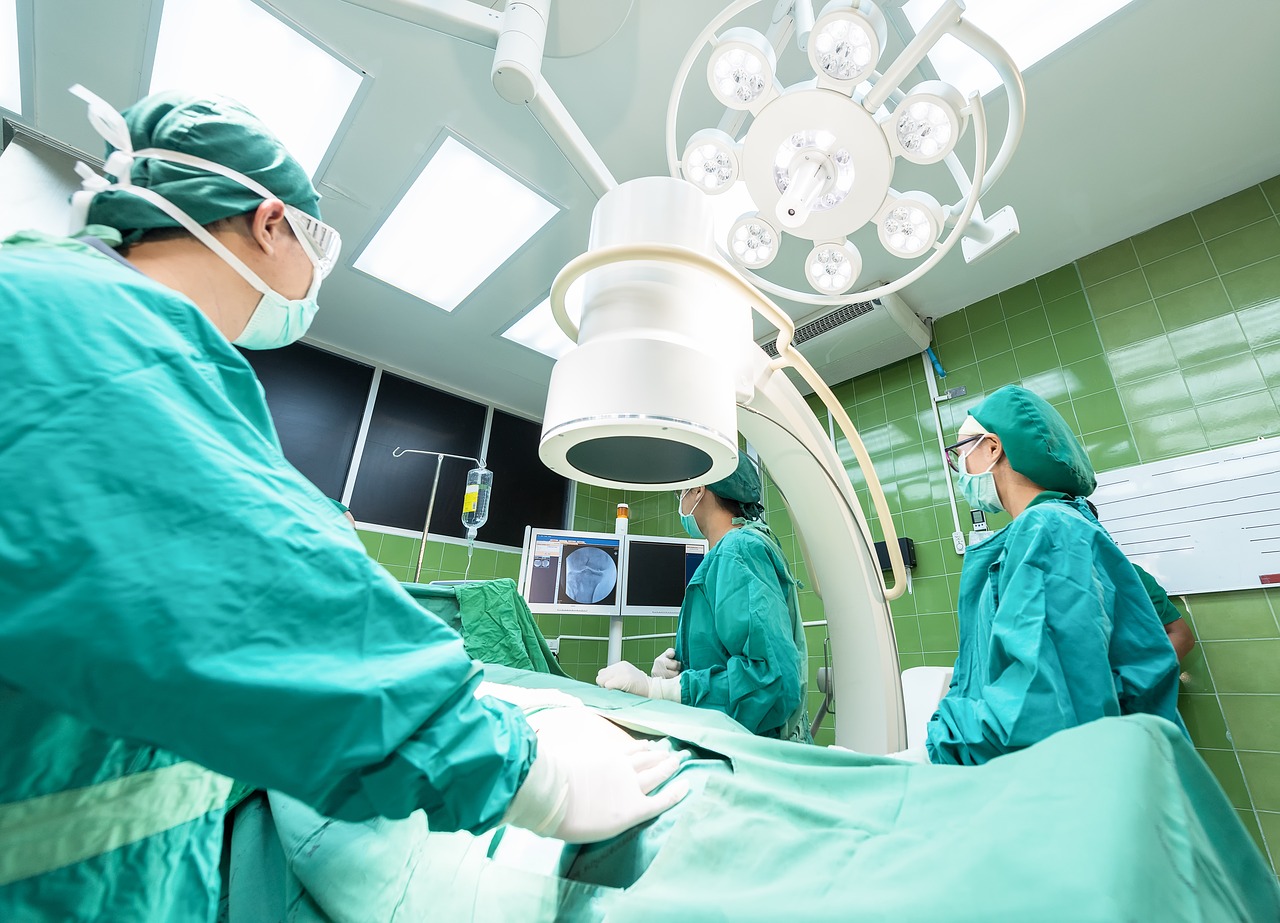Medcam: a high-quality image for laparoscopy
300,000 laparoscopies are performed every year in France. At ten euros per minute spent in the operating room for procedures that last from one to ten hours, any time that can be saved is significant. Medcam helps save precious minutes by reducing the time required to clean the camera used. This makes it possible to schedule one additional patient per operating day.
It was over a family dinner, which would conclude with making initial sketches, that the idea for Medcam first took shape. That day, Clément, an engineer in fluid mechanics, his sister, an expert in the medical sector, and his brother-in-law Yann, who teaches mechanical engineering, were talking about laparoscopy. This minimally invasive surgical procedure widely performed in digestive, urological and gynecological surgery, is based on inserting a camera in the abdomen. The problem is that condensation, accumulated smoke and blood and visceral fat projections are deposited on the lens and constantly degrade the image. Every ten to fifteen minutes, the surgeon must interrupt the procedure to extract the camera and clean it, which leads to a loss of concentration and wastes time when the camera is removed and reinserted.
One device, three benefits
The solution invented by the brand new SMICES company (Smart Medical Devices) in close collaboration with Dr. Joël Da Broi, a surgeon specialized in visceral and digestive surgery, makes it possible to automatically clean the camera during the procedure. The device, which can be adjusted to fit all camera models, does not in any way interfere with surgeons’ use of the camera or practices in the operating room. But it single-handedly solves three problems: it allows the surgeon to work more comfortably so he/she can remain concentrated on his or her work, it saves time and allows the surgeon to add a patient to the operating schedule.
The start of clinical evaluations after promising tests
Developed in collaboration with the mechatronics platform at IMT Mines Alès, the operational prototype only uses components that already exist in the operation room. Medcam has been successfully tested in real conditions on a cadaver at a university hospital center and will begin preclinical evaluations for CE marking in June 2018 so that it can be marketed in 2019. SMICES will be responsible for manufacturing and distributing Medcam and has set a clear objective: to become the market leader for healthcare institutions in France (300,000 laparoscopies per year) and Italy in its first year, in Europe (over 1 million laparoscopies per year) in four years’ time, and ultimately conquer the world (10 million laparoscopies per year).

